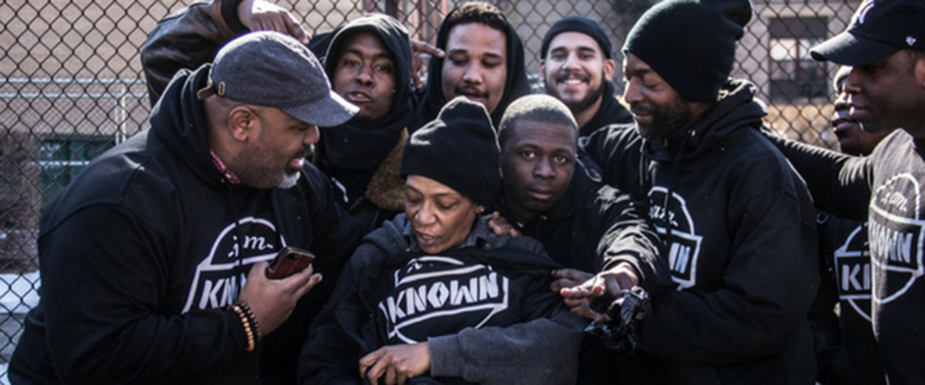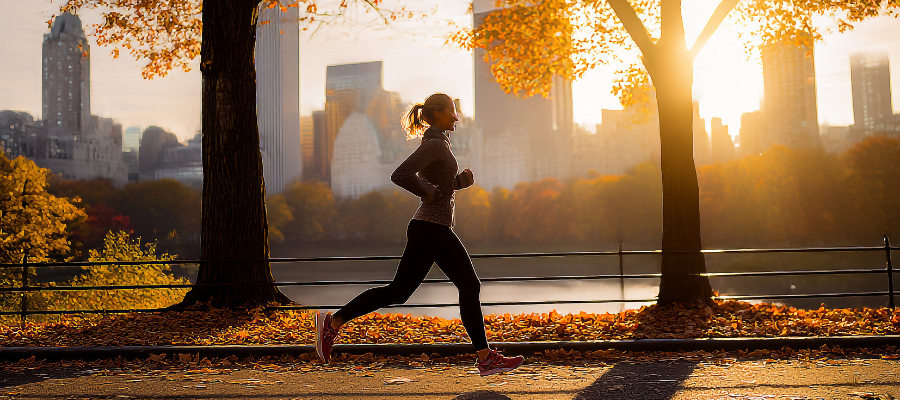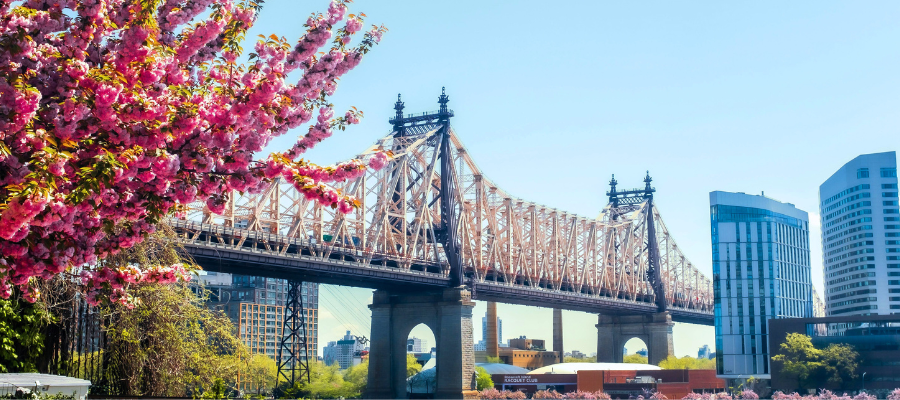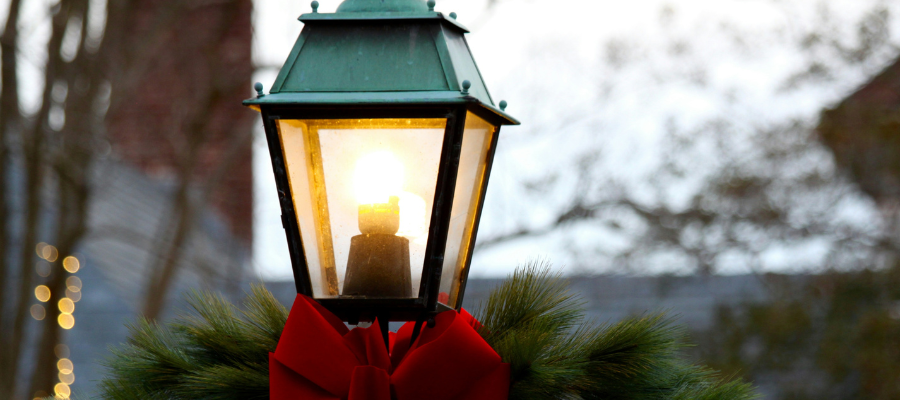Therefore, since we have been justified through faith, we have peace with God through our Lord Jesus Christ, through whom we have gained access by faith into this grace in which we now stand. And we boast in the hope of the glory of God. Not only so, but we also glory in our sufferings, because we know that suffering produces perseverance; perseverance, character; and character, hope. And hope does not put us to shame, because God’s love has been poured out into our hearts through the Holy Spirit, who has been given to us.
Romans 5:1-5
Hope and suffering collide into glory and grace in Romans 5. Jesus satisfied God’s judgment against sin and suffered the hostility of men when He died on the cross. His resurrection, however, reinterprets that moment of agony. Death yielded to life. Judgment gave way to grace, and the peace of God overcame enmity.
When He first appears to His disciples, Jesus is victorious over death, and proclaims “Peace be with you” (John 20:21). Jesus’ declaration was more than a greeting. It was an announcement of what His death accomplished. The law had been fulfilled, and peace had overwhelmed God’s wrath. The tragedy of Jesus’ crucifixion was transformed into the triumphant hope of the resurrection.
That moment forever changes how followers of Jesus interpret their hardships, and how the disenfranchised can view their apparent lack of institutional power. The faithful can “glory in their suffering,” knowing it produces character, hope, and victory in Christ. I get to see this everyday in my Flatbush neighborhood, where hope and suffering collide into perseverance everyday.
* * *
Take a walk with me down Flatbush Avenue, the main thoroughfare of this neighborhood in the heart of Brooklyn. Breathe in the savory aroma of Jamaican beef patties, one of the best street foods the city has to offer. Witness the Haitian flags waving in the wind, demonstrating the pride of a people from the much-maligned nation. Hear the “dollar vans” honking their horns to pick up passengers on their route for a budget-friendly two dollars. Feel the nervous anxiety of neighbors as gentrification transforms entire city blocks.
These are the sights, sounds, and smells of the most populous neighborhood in Brooklyn. Flatbush is where the West Indies meets the East Coast, where old meets new, and where power meets the powerless. The streets are filled with the hope of immigrants, and the despair of those struggling from systemic poverty and structural inequalities.
You can see the search for hope throughout Flatbush. Parishioners pray in Haitian Creole at storefront churches. Community centers display images of Civil Rights leaders and athletes to motivate students—our future leaders—with the words and deeds of the past. Cultural events like the West Indian Day Parade pass through, bringing a dynamic confluence of Caribbean culture and civic pride. Hope is present, and so is suffering.
According to the NYC Health Community Profile, Flatbush residents pay a higher percentage of their income in rent (58 percent) than most New York City residents (51 percent), yet their quality of housing is among the lowest in the city. I’ve heard the horror stories firsthand of elderly immigrant residents whose landlords refuse to accept their rent checks so they can evict them, claiming non-payment, and “flip” the property for wealthier tenants willing to pay higher rents. The pain of this type of displacement echoes throughout Flatbush.
Shining the light of the gospel here means coming to grips with all of the implications of the kingdom of God: the eternal and the temporal. In addition to fulfilling the law and making peace with God possible, Jesus also revealed why those on the margins can have a potent hope.
The Roman Empire subjugated the Jews politically, economically, and socially. Jesus Christ was from a poor, disenfranchised family. The authorities used their wealth, power, and the systems of government to wrongfully convict and execute Jesus, a man whose innocence didn’t matter. But He overcame that injustice by God’s power.
Those who suffer similar injustices can look to Jesus and discover good news that gives hope for this life, and the one to come. In Flatbush, there is an urgency to proclaim every facet of the good news, with all of its implications regarding righteousness and justice. And we are seeing God honor our endeavors to proclaim in word and deed.
* * *
The Bridge Church, where I have the privilege to serve, has Flatbush in its DNA. Since many of our congregants are first generation West Indian immigrants who were born and raised in Flatbush, the challenges described hit close to home.
Three years ago, we launched the Known Campaign to clothe those in need. We mobilize our church to engage with our struggling neighbors as they distribute sweatshirts that read: “I AM KNOWN” to those who are often ignored. It has transformed the way we engage with the poor in life-changing ways.
We have also seen “perseverance produce character” in our midst. I recently preached on mass incarceration and how the gospel calls us toward a radical forgiveness and restorative justice. I invited one of our congregants, Lourdes, to share the story of her brother who, as a teenager, was sentenced to a shocking and excessive 30 years for a robbery in Flatbush. She shared about the indignities he and the family suffered in navigating the criminal justice system, while seeking to demonstrate mercy in a context that often executes punishment and retribution.
After the service, a woman asked Lourdes about the case. It turns out Lourdes’ brother had robbed her and her family! The woman told Lourdes she forgave her brother and reached out to the family for reconciliation. They wept as they embraced, and the families have remained in contact ever since.
And hope does not put us to shame…
God redeems our suffering and produces hope and goodness from despair and brokenness. The faith I witness as I interact with my neighbors on Nostrand Avenue reminds me that God is bigger than the challenges I face. I recall that “where sin abounds grace abounds all the more.”
The gospel is the power of God for—not only my personal salvation—but the restoration of justice wherever injustice persists. I am grateful to live in Flatbush and consider it a privilege to serve in this community that has helped me to embrace a fuller sense of what Jesus announced as His mission in Luke 4:16-19:
He stood up to read, and the scroll of the prophet Isaiah was handed to him. Unrolling it, he found the place where it is written:
“The Spirit of the Lord is on me,
because he has anointed me
to proclaim good news to the poor.
He has sent me to proclaim freedom for the prisoners
and recovery of sight for the blind,
to set the oppressed free,
to proclaim the year of the Lord’s favor.”
PRAY FOR FLATBUSH
-
Pray for financial and housing stability for those in our community who are spending almost 60 percent of their income on rent and are living one crisis away from homelessness.
-
Pray for justice and the end of practices landlords use to evict lower income tenants which facilitate gentrification.
-
Pray for peace and safety for immigrant families whose anxieties have risen in the current climate regarding immigration and an increasing lack of civil discourse. Pray also for humane immigration policies that will prevent families from being torn apart through unjust deportations and disruptive detentions.
-
Pray for for the Known Campaign, which is expanding its reach to clothe those in need and find civic organizations and churches willing to partner with it.
-
Pray for Bridge Church as we relocate our services into the heart of Flatbush. Pray that our space would be one God uses to bring the community together and that will serve the community holistically.
* * *
.jpg)
 Rasool Berry is the leadership development pastor in with the Bridge Church in Brooklyn, New York. Rasool has been on staff with Cru for 17 years. He graduated from the University of Pennsylvania with a BA in Africana Studies. He is married to the love of his life, Tamica. They have one daughter, Ire’Ana. They live in Brooklyn, NY.
Rasool Berry is the leadership development pastor in with the Bridge Church in Brooklyn, New York. Rasool has been on staff with Cru for 17 years. He graduated from the University of Pennsylvania with a BA in Africana Studies. He is married to the love of his life, Tamica. They have one daughter, Ire’Ana. They live in Brooklyn, NY.




